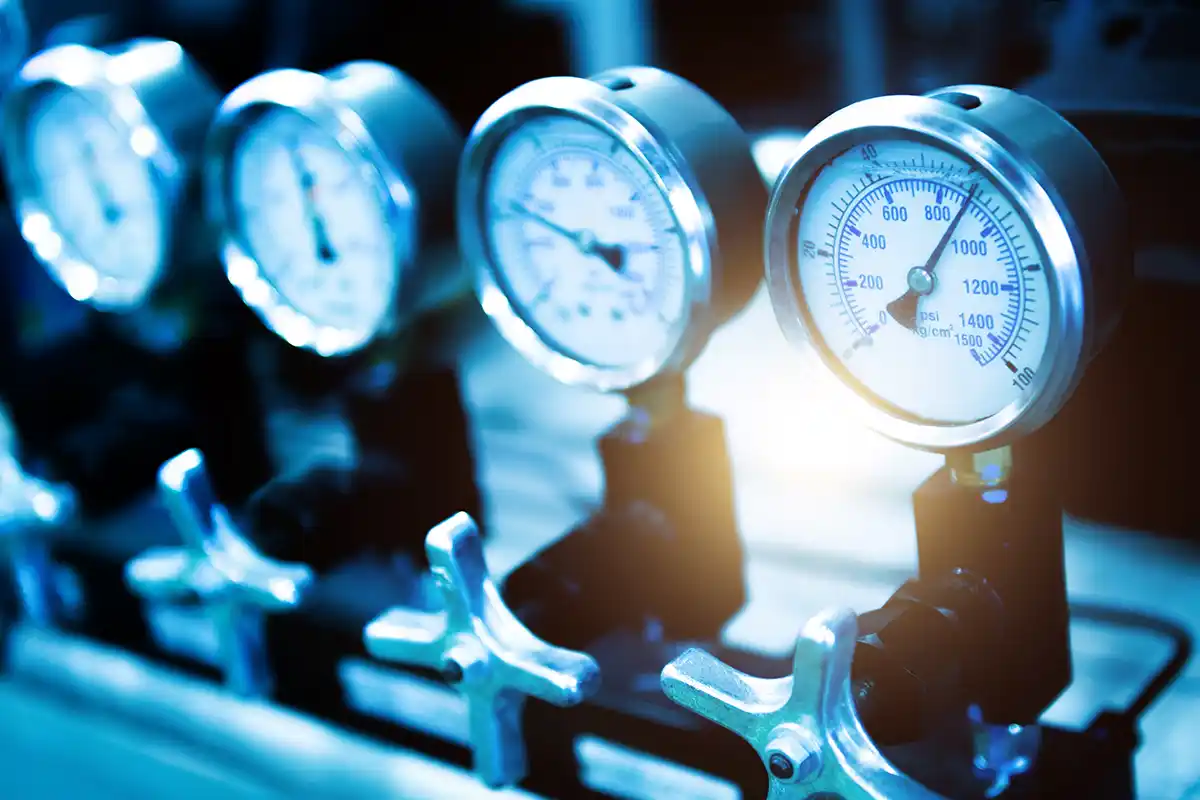CO2 Transport and Storage Availability
- 28 November 2025
- Storage
- Transport
The objective of this study is to investigate realistic rates of CO2 Transport and Storage operational availability that may be achievable for future systems, with a focus primarily on pipeline transportation and storage within sedimentary basins (saline aquifers and depleted fields).


